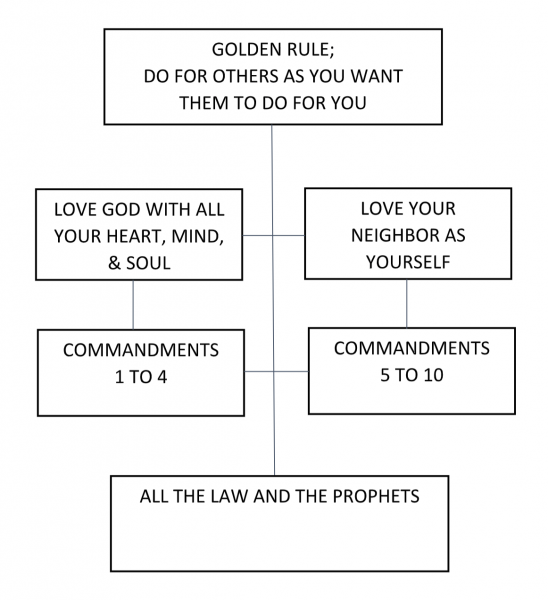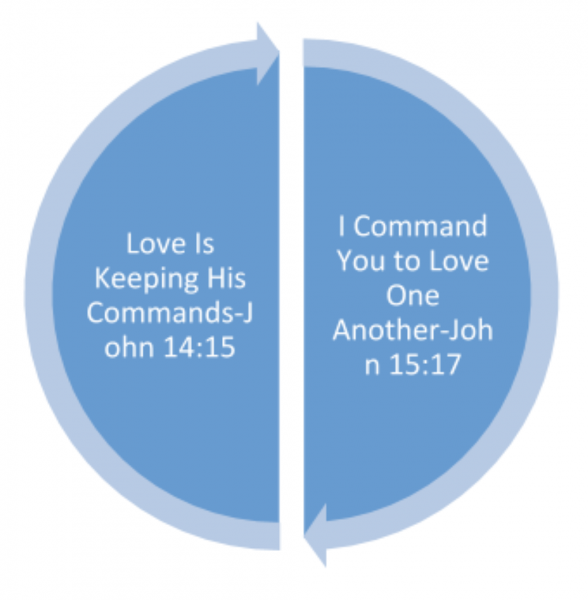Why You Might Not Want to Go to Heaven
By Kris Coffin Stevenson | 7 October 2019 |
Picture heaven. Soft mood music, a few traditional harp notes, then light, brilliant light, and out of the mist emerges the Celestial City (is that “It’s a Small World After All” playing in the background?). Your concierge appears at your elbow and asks, “What can I do for you today? Would you like to munch on 12 fruits from the Tree of Life? Learn how to warble a duet with yourself? Swim in the sea of glass (don’t crack your head)? How about flying lessons, a visit to your country estate, or a picnic with Lazarus?”
After the “firsts”—finding family and friends, meeting Jesus—what will we do in heaven? We’ve eschewed the whole riding-on-a-cloud, playing-the-harp thing as being inaccurate and boring. But what have we replaced it with? My childhood imaginings are all centered on things like riding a giraffe or exploring other worlds. Is heaven a Disneyland-on-steroids, all-expenses-paid vacation for eternity? Are God’s angels on an extended holiday where, begrudgingly, Gabriel cuts short his beach time to visit Mary?
I’m sure God has a universe full of adventures, experiences, and activities that will blow away our shriveled imaginations, but let’s distill things down to their core element. What is the basic operating system of the kingdom of heaven? What’s going on every day there?
We’re told the energy that fueled creation is the Word of God: “In the beginning was the Word” (John 1:1-3). So what is that energy? What is the heart of God?
The easy answer is Love. “God is love” (John 4:8,16). There. That clears things up.
“All you need is love, love,
Love is all you need” (The Beatles)
Love may be all we need, but it is an overused, limp, vapid, almost meaningless word in our culture today. Its value has been lowered because it has been watered down and the market has been flooded with it. In one conversation it’s possible to say you love God, cantaloupe, and your new Toyota Tundra. So if the essence of God and His kingdom is love and we don’t really understand that love, what does God mean by it and how does He communicate love to us?
Hang on to your hats; we’re breaking out the Hebrew! I was curious about how the word “love” was first used in the Bible. Ahava is the main Hebrew word for love and it means to have affection, be intimate, crave or have an appetite for. Going even deeper, the root word of Ahava is Ahav. Ahav is an action word; it’s a verb that means “to give” or “I give.” The first use of this word describes the love Abraham had for his son Isaac as he was about to sacrifice him (Genesis 22:2). Sound familiar? “God so loved the world that he gave his only and unique son” (John 3:16 CJB, emphasis mine).
The very center of ahav communicates who God is; He can be distilled down to an action–I give.
If the fiber of God is love, that means His operating system runs on giving and we should be like Him. So if you were God and you wanted to communicate to everyone that everything you created runs on selfless giving, how would you explain that? What is the Single, Simple Sentence (SSS) that would help anyone of any age, any gender, any nationality, any time period to understand how to act?
Think… think… think… Aha!
“Treat people the same way you want them to treat you” (Matthew 7:12 NASB).
The easiest way to explain love—live it.
It’s the one thing around here
That we don’t have quite enough of
So I just wanna look a little more like love. (Ben Rector)
Charles Spurgeon called the Golden Rule the “Golden Life.” It’s not a rule to follow; it’s a way of living that is based out of the mind of God. Since we are part of the priesthood of all believers, “Do for others what you would like them to do for you” acts like the Urim and Thummin in our hearts, a way for God to light up our lives with His directions (Charles Simeon).
In Matthew 22:36-40, Jesus is asked which commandment He thinks is the greatest. He gives two. The first one is part of the Shema, the centerpiece prayer of the Jewish religion. “You are to love Adonai your God with all of your heart, your being and your resources” (Deuteronomy 6:5 CJB). The second is like it, says Jesus, “Love your neighbor as yourself” (Matthew 22:39; Leviticus 19:18; Romans 13:9,10). “This sums up the law and the prophets,” Jesus says about both the Golden Rule and the two greatest commandments (Matthew 7:12; 22:40). Whether it’s stated in a SSS or divided into two, all the law and the prophets derive from selfless love.
The kernel idea of selfless love is explained in the SSS of the Golden Rule, is divided into two parts as “Love God and love your neighbor as yourself,” is delineated in a list of 10 commands, and is interwoven through the entire discourse of God’s interactions with humans. It’s like making change with one dollar. You can have a one dollar coin, two 50-cent pieces, four quarters, 10 dimes, or 100 pennies and many other combinations. They are all different ways to equal the value of one dollar. The value expressed here is love, ahava, the cellular, atomic, quarkish center of God’s heart—selfless giving. The universe runs on it—planets orbit around it, winds blow, flowers bloom, rivers flow in accordance with God’s desire to bless.
You might be thinking that this talk about namby-pamby love ignores obeying the commandments. The Hebrew word for “commandment” is mitzvah translated as “good deed.” Instead of the word “obey,” the Hebrew root word shamar—which means “keep, protect, preserve”—is used to describe our relationship with the commandments (Exodus 19:5; Leviticus 22:31; Deut 11:8). When you keep the mitzvoth (mitzvah), you are doing good deeds for others, just as when you love like God loves, you give to God and others. “If you keep my mitzvoth, you will abide in my love, just as I have kept my Father’s commandments and abide in His love” (John 15:10 CJB).
What does keeping the commandments look like? Jesus summarized it as “Love God with all your heart and your neighbor as yourself.” So the core command of God is to love. What commands are we keeping? To love. What does love mean? To give or serve.
You can reduce it to a two-step equation:
- The definition of the command(ments) is to love God and each other.
We give, serve, pour ourselves out at His command.
2. The definition of love is to keep His commands.
We keep, protect, preserve the command to love.
3. Repeat. And so it goes, round and round.
(2 John 1:5,6; John 15:12,17; John 13:34; John 14:15)
Do you really want to be in heaven? Do you really want to spend eternity “going on God’s errands,” thinking about how you can do things for others, and loving your neighbor as yourself?
Hey, do you even want to do that now? That super sucking sound you hear is the kingdom of this world slurping everything into its black-hole heart of self-centeredness. Businesses run on selfishness, politics depends on selfishness, capitalism is based on selfishness, often the church runs on selfishness. “For where jealousy and selfish ambition exist, there is disorder and every evil thing” (James 3:6 NASB).
The operating system of this world wants us to pamper and protect ourselves to the detriment of others. Its mantra is “survival of the fittest.” God invites us to actively participate in a kingdom that exists to bless others and operates out of selfless giving. We can be part of it now; we can practice it so that when we get to heaven it isn’t a shock to think of others before ourselves. “For we are of God’s making, created in union with the Messiah Yeshua for a life of good actions already prepared by God for us to do” (Ephesians 2:10 CJB).
Living your eternal life now means that every day you wake up and ask God how to be on His agenda. Every interaction you have with people, you are looking to show God’s character of love by giving without reservation as the Holy Spirit directs your day. It means you trust Him to care for your possessions, your reputation, your energy, your ambition, and your relationships and you focus on revealing the selfless heart of God to the world, one neighbor at a time.
Not only did God give us a word picture in the Golden Rule of what love in action looks like; He also sent Jesus in human flesh to physically illustrate love and the character of God. He acted out love in everything he did:
Jesus played charades with us.
What is this?
Jesus heals the leprous homeless man.
“Sounds like…”
What is this?
Jesus eats with criminals.
“Ooh, I know!”
What is this?
Jesus forgives the prostitute.
“That’s a tough one.”
What is this?
Jesus gives life to the dead and the walking dead.
“I know, I know!”
What is this?
Jesus chooses to die for us. He’s beaten and hung on a tree, bloody and naked.
“Oh, wait. What?”
Your turn.
 Kris Coffin Stevenson is an author, teacher, editor, and scopist. She loves living her eternal life starting now. She and her husband reside in Santa Clarita, California.
Kris Coffin Stevenson is an author, teacher, editor, and scopist. She loves living her eternal life starting now. She and her husband reside in Santa Clarita, California.




